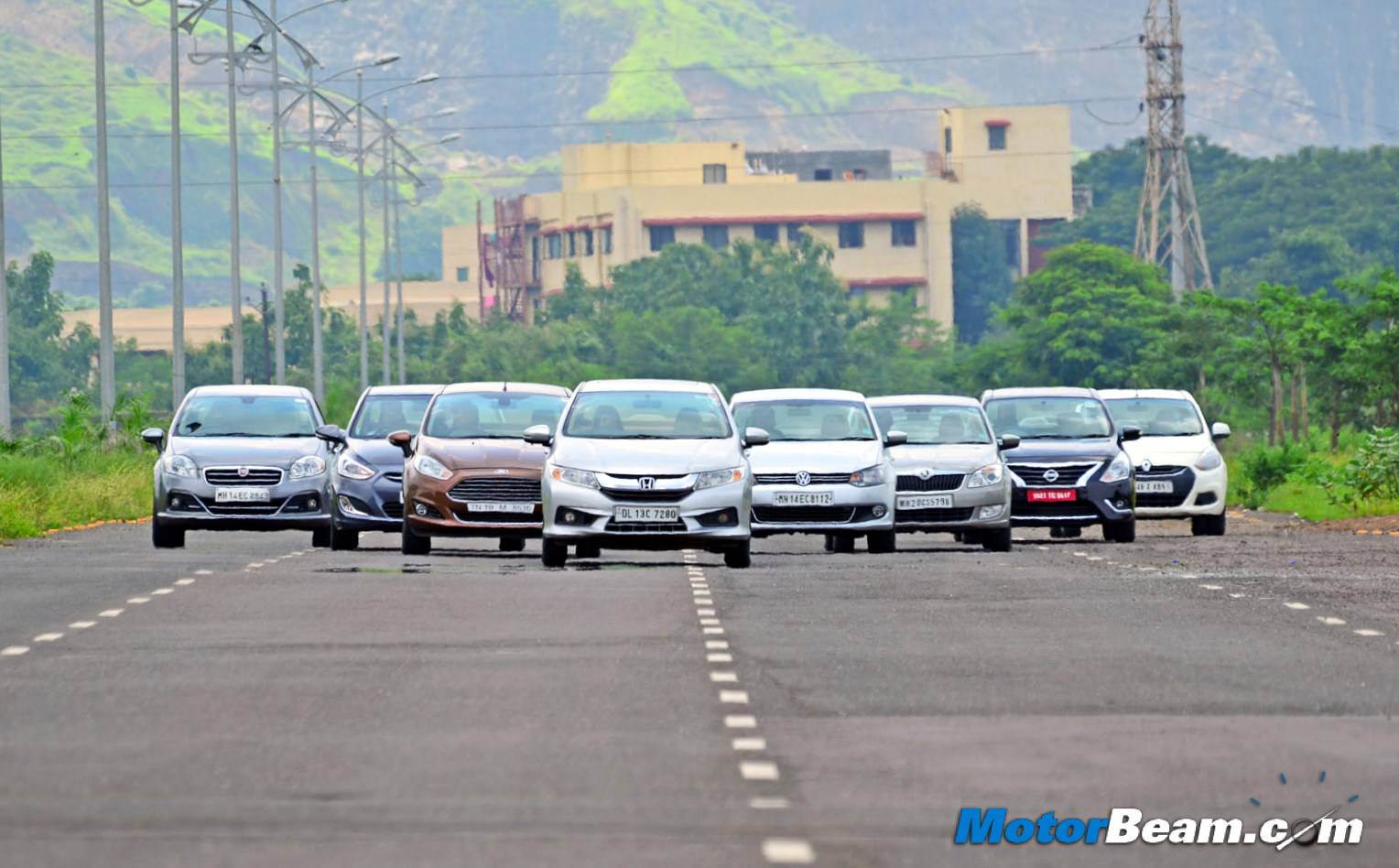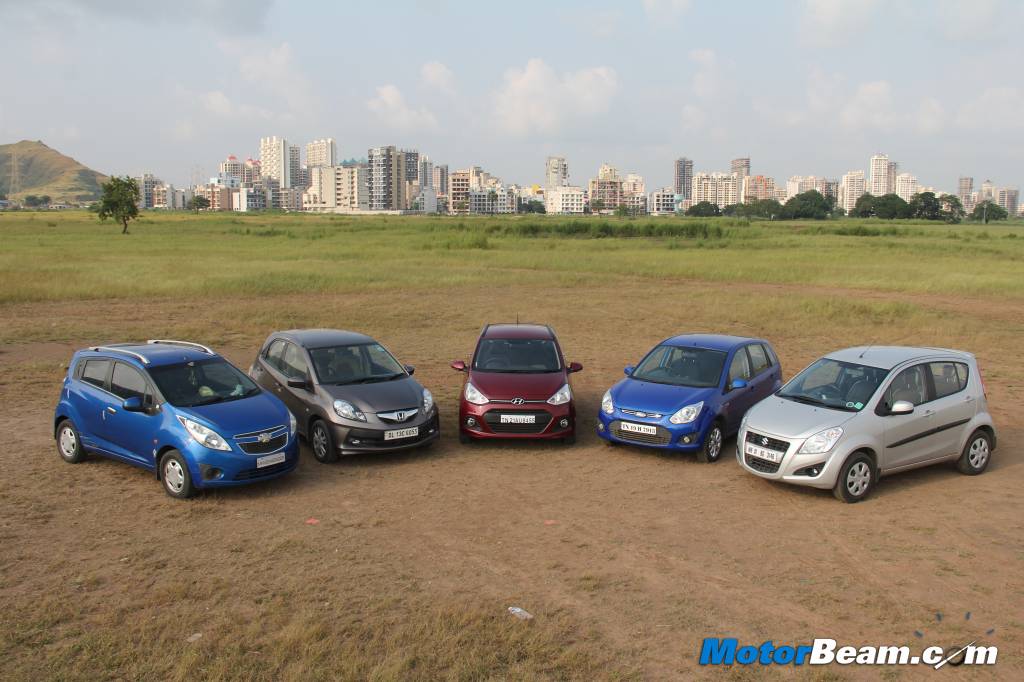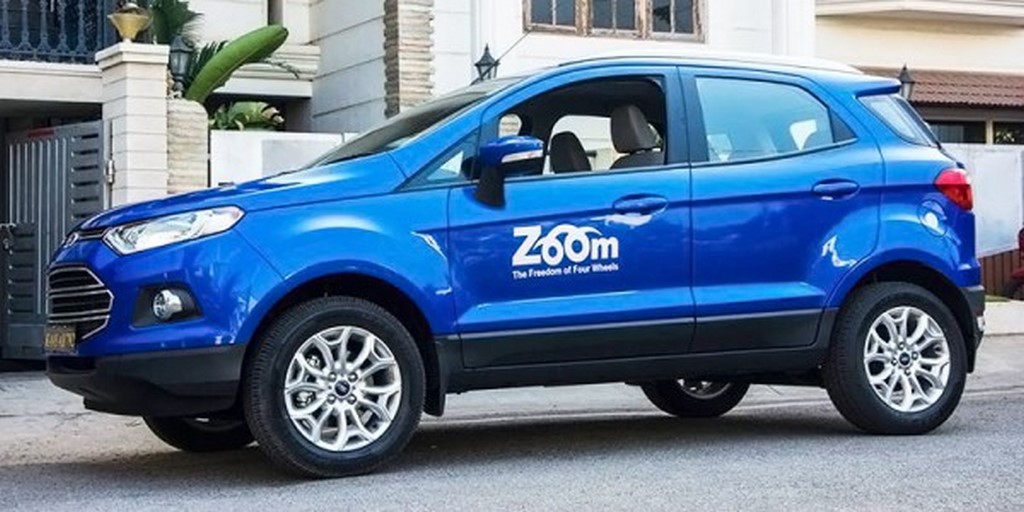With domestic sales still lower, car makers are exporting a majority of their total production that helps break even faster while also churning out profitability for the company.

While automakers like Ford and General Motors have been in India for over a decade, the companies are still facing losses to the tune of crores in the country. In contrast, the newer manufacturers with a miniscule market share compared to competition have managed to break even within three-four years of entering the market and are already churning out profits. Is it just smart manufacturing or better sales? Well, the secret lies with a smart business plan. Making India a global manufacturing hub, several automakers are churning out profits year-on-year going the export route in the country.
Hyundai was the first automaker to realise this potential over a decade ago and is currently the largest auto exporter in the country. In more recent times though, it has been Nissan and Volkswagen that have exploited the export potential completely, even though their domestic market share is not even close to competition. Honda India also managed to minimise losses from the past years by taking the export route.
Overtaking Maruti Suzuki as the second largest exporter, Nissan India exported 1.6 lakh units in FY2014 growing by 17 percent. Despite a market share of 3 percent, the company reported a profit of Rs. 410 crores in the last fiscal with exports tallying up to 60 percent of its total production. Volkswagen on the other hand saw a profit of Rs. 420 crores in India, even though its sales were down last year with its market share reduced to 2 percent from 3 percent. The company currently exports every second car produced at its facility and is also working to increase its market share in the domestic space.
However, the sail hasn’t been smooth for all global manufacturers. While certain companies were quick to decipher the road to profitability, car makers like Ford suffered losses up to Rs. 597 crores in the last fiscal, while GM mounted losses of Rs. 3812 crores in the financial year 2014 from Rs. 1142 crores. With limited market share, sustaining on sales in the domestic market will take a lot of time for a lot of these manufacturers. Explaining its situation, Ford has stated that the company has been in investment mode in India with investments mounting to $2 billion and is betting big on the domestic market.
Another factor that has helped car makers churn out profits faster has been extensive localisation. Localisation of components insulated companies from foreign currency fluctuations, while also providing higher economies of scale. Honda’s localised products changed the fortunes of the company in the past two years cutting its losses by almost 57 percent. Nissan too has a localisation average of 80 percent across its product range and has helped even partner Renault gain efficiency in the manufacturing process.

Source – Economic Times



